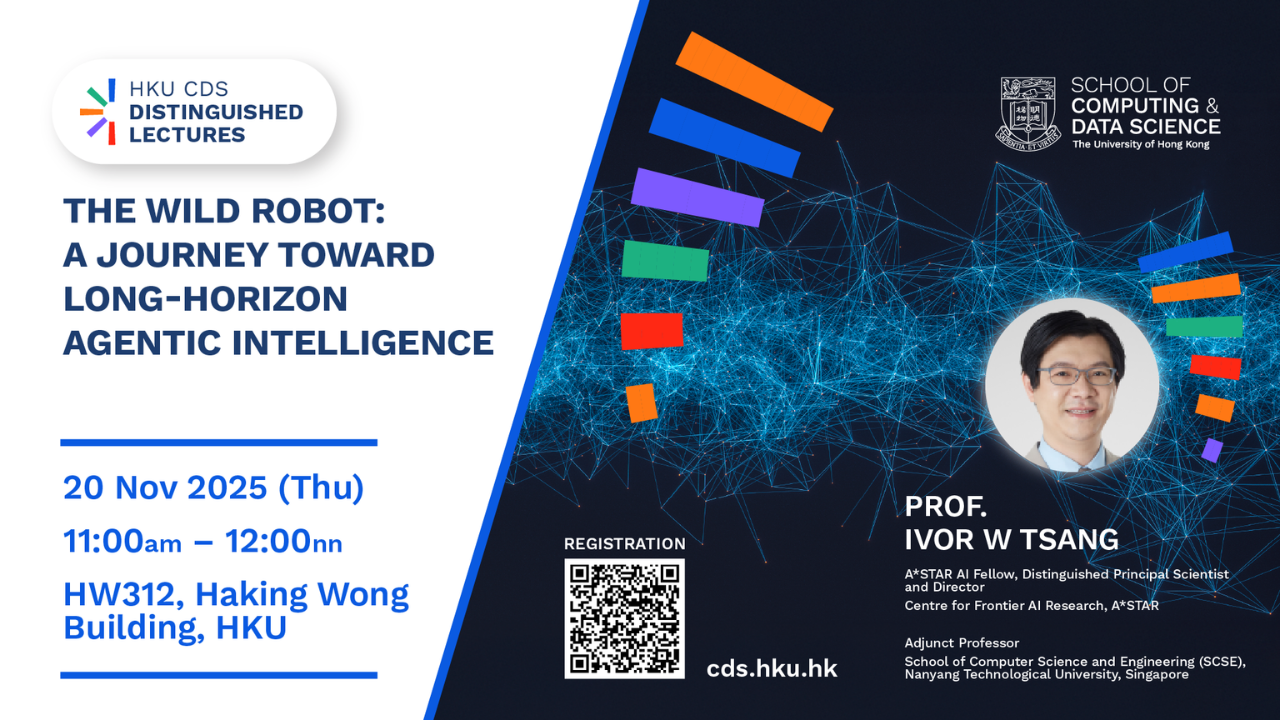Abstract
Long-horizon planning in robotic manipulation demands translating abstract goals into precise, executable actions while maintaining spatial, temporal, and physical consistency. However,
language model-based planners often fail to handle extended task decomposition, constraint satisfaction, and adaptive recovery from errors. We present The Wild Robot, a framework for autonomous, feedback-driven reasoning that constructs and refines symbolic instruction graphs to guide code generation in robotic tasks. The system dynamically decomposes complex goals into coherent subtasks and generates executable control programs accordingly. When execution failures occur, it analyzes environmental feedback to induce and propagate new constraints, enabling targeted refinement without restarting the planning process. This structured, interpretable approach fosters resilience, adaptability, and transparency, significantly enhancing performance in long-horizon and constraint-sensitive robotic benchmarks. The Wild Robot represents a step toward truly agentic intelligence capable of robust, self-correcting decision-making in complex, real-world manipulation scenarios.
About the speaker
Professor Ivor W. Tsang is the Director of the A*STAR Centre for Frontier AI Research (CFAR) and an Adjunct Professor at the College of Computing and Data Science, NTU, Singapore. Since January 2022, he has led Singapore’s national initiative on Trustworthy Foundation Models under the National Multimodal LLM Programme. He also drives research on Agentic World Models and oversees major national initiatives such as the AI Singapore Materials Design Grand Challenge and the Maritime AI Programme. Under his leadership, CFAR has secured over S$23 million in strategic research funding, strengthening Singapore’s frontier AI ecosystem.
His research spans transfer learning, deep generative models, and big data analytics involving ultra–high-dimensional data. His influential work has earned international recognition, including the ARC Future Fellowship (2013), the ICCM Best Paper Award (2019), and recognition as the AI 2000 AAAI/IJCAI Most Influential Scholar in Australia (2020). An IEEE Fellow, he has made distinguished contributions to large-scale and transfer learning. He also serves on editorial boards of leading AI journals and top AI conference committees.

